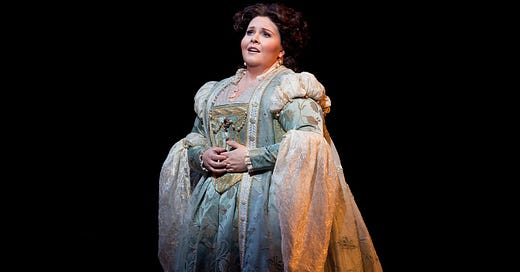A couple of years ago, I wrote about philanthropy.
If you give – and you should – presumably you have given some thought to how and to whom you give. There are a lot of easy choices, organisations that are well-established and well-run and will do good things with your money.
But to my mind, giving to those organisations is a bit like distributing gift cards to your relatives at holidays (though there’s nothing wrong with that!).
I like to be more intentional.
If you give to charity, presumably you hope your donations will make an impact.
When I was young, I attended a small private school in Manhattan. Today I presume the school’s classes are entirely filled with the scions of billionaires and celebrities, but that was a different time.
Sure, there were rich kids, but they were from Old Money and with a few exceptions, low-key about their wealth. And there were plenty of kids with less money. Scholarship kids from e.g. the Head Start program, and middle class kids like me, whose parents stretched (even though costs were much, much lower than they are today) to send their kids to the best schools they could afford.
Through university, I assumed that my parents didn’t have extra cash to give me to go out partying, or to dinner with friends, or for pretty much any reason. And so I didn’t ask. It’s unimaginable today, but I don’t think I ever went out to dinner with friends until I was at university (and had money from part-time and summer jobs).
In high school I didn’t apply to go on a study trip to Greece because I assumed my parents would not have been able to afford it. Twenty years later I learned from the teacher who organized the trip that there had been funds to support students who needed financial aid.
Oh, well.
But at that small private school, aged 10 or 12, I had an extraordinary opportunity, thanks to someone’s thoughtful and intentional charity.
Every year during my time at the school, an alumnus, or the parent(s) of a student, donated tickets to the Metropolitan Opera, one of the world’s foremost opera companies, founded in 1883.
The tickets were offered for free to interested students and teachers, and for some reason, a friend and I stuck up our hands and went along one night to check it out.
It was incredible.
Earlier this year, The New York Times published a story about a program at Rome’s Teatro Costanzi, which organized a sleepover for children aimed at making opera, “often seen as an elitist, highbrow and abstruse art form for the initiated, more familiar and accessible, especially to children.”
“We believe that the theater should be for everyone, and that it should make people feel at home,” said Francesco Giambrone, the Costanzi’s general manager. “Once a theater is a home, it is no longer something distant, something a bit austere to fear, or somewhere you feel inadequate.”
That’s what happened to me.
The operas were fantastic, of course. We saw La bohème, Il trittico, Tosca, The Marriage of Figaro, Carmen, La Traviata, Rigoletto, Don Giovanni, The Barber of Seville and more.
But perhaps even more fun was the opera house. During the intervals my friend and I ran around like the little boys we were, dashing up and down the swooping carpeted stairs, under the chandeliers and past the Chagall murals.
Certainly we were there under the theoretically watchful eye of a teacher, but as I said, it was a different time. Our teachers left us to our own devices, trusting us not to get into too much trouble so they could enjoy the opera-going experience themselves.
Exploring the lobby during intervals was great fun, but the main event was the auditorium, which would have been worth the trip even if there had been no operas on stage. With seating capacity for almost 3,800, the Met is the largest repertory opera house in the world, an enormously luxe red-and-gold space for a little boy sharing a room with his little brother in a rent-controlled New York City apartment.
Thinking recently about this experience, I contacted my old school to see if they could find out who had donated the tickets. There are no records, unfortunately, and almost certainly the donor(s) passed away long ago, but he or she made a gift that made a profound impact on me and my friend.
It’s easy to forget, having grown up in New York City, that most people have never seen an opera in person. And that’s true even if they live in New York, or Milan, or Vienna or Manaus.
So for those who are unfamiliar with the genre, the American writer Robert Benchley offers a concise summary: “Opera is where a guy gets stabbed in the back, and instead of dying, he sings.”
Two thumbs up!




I went a few times to the opera with A-S. I can't recall who else might have gone with me. You might have or maybe Jan? Or Seplow? Whitmore perhaps? I am certain that those early visits were responsible for my love of opera when I was in college and also today.
I think all school trips are memorable, but the opera must have been especially great, as you say, watching the performance as well as exploring the building itself (like many museums, sometimes the building itself, and its history, make the visit worthwhile).